Automation is changing the landscape of industries worldwide, and plastic manufacturing is no exception. By integrating cutting-edge technologies, manufacturers can enhance efficiency, reduce costs, and maintain high-quality standards. This article dives into how automation reshapes the plastic manufacturing industry, exploring specific examples, key benefits, primary areas of application, and the technological innovations driving these changes. We’ll also highlight the role of EuroPlas in advancing automation within the industry.
1. Examples of Automated Systems in Plastic Manufacturing
Automation in plastic manufacturing encompasses various systems and technologies that streamline production processes. Some of the most notable automated systems include:
- Injection Molding Machines: Injection molding is a widely used process in plastic manufacturing, where raw materials are injected into a mold to create a product. Automated injection molding machines allow for precise control over temperature, pressure, and cycle time, ensuring consistent quality in each product. Robotic arms can handle tasks like loading raw materials and removing finished products, minimizing human intervention and errors.
- Automated Quality Control Systems: Quality control is crucial in the plastic manufacturing industry to detect defects and ensure products meet specifications. Automated vision systems equipped with cameras and sensors can inspect products in real time, identifying defects such as surface imperfections or dimensional inconsistencies. This reduces the need for manual inspections and speeds up the production process.
- Material Handling Robots: In many plastic manufacturing plants, robots are used to transport raw materials and finished products between different stages of production. These robots can handle heavy loads, move materials efficiently, and reduce the risk of workplace injuries associated with manual lifting.
- 3D Printing: Additive manufacturing, or 3D printing, has gained popularity in the plastic industry for prototyping and producing custom parts. Automated 3D printers can work continuously to create complex shapes and structures, significantly reducing the time and labor required compared to traditional manufacturing methods.
Read more: Top high heat plastic materials for engineering applications
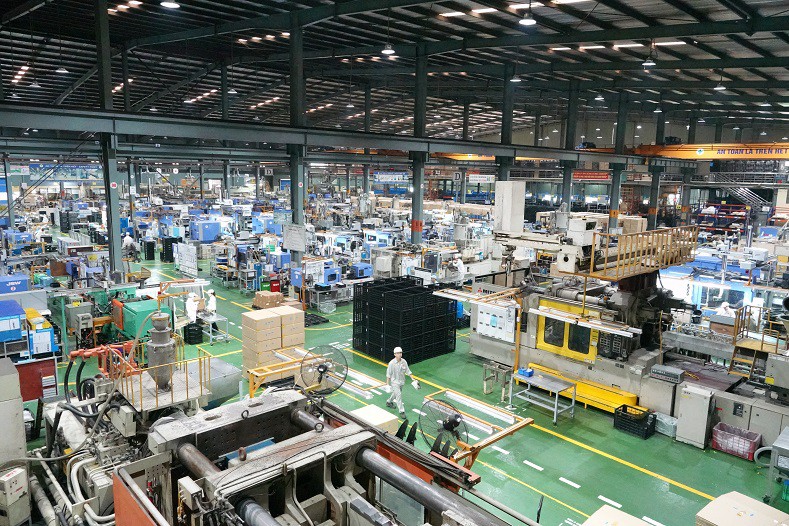
Automation technology helps solve difficulties in plastic manufacturing
2. Benefits of Automation in Plastic Manufacturing
The adoption of automation in plastic manufacturing offers numerous advantages:
- Increased Productivity: Automated systems can operate 24/7 without fatigue, significantly increasing production output. With machines performing repetitive tasks, human workers can focus on more complex activities that require problem-solving skills.
- Cost Reduction: Although the initial investment in automation may be high, long-term cost savings are substantial. Automated equipment reduces labor costs by decreasing the number of workers required for repetitive tasks. Additionally, fewer errors mean less waste, leading to savings in raw materials and production costs.
- Enhanced Quality Control: Automation ensures consistency in product quality by eliminating human error. Automated systems can detect defects during production, allowing for immediate corrective actions. This results in higher-quality products and fewer recalls or customer complaints.
- Safety Improvements: Automation minimizes the need for workers to perform hazardous tasks, such as handling hot materials or operating heavy machinery. As a result, the risk of workplace accidents is reduced, leading to a safer work environment.
- Faster Time-to-Market: With automated systems, plastic manufacturing companies can quickly respond to changes in demand. Rapid production capabilities allow for shorter lead times, enabling businesses to deliver products to customers faster.
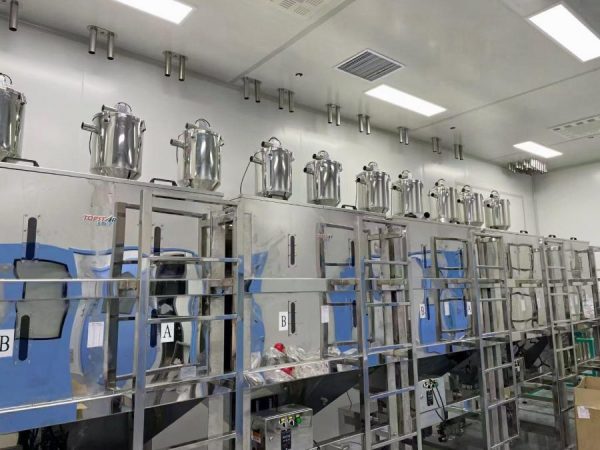
Automatic feeding system for plastic injection factory
3. Key Areas Where Automation is Applied in Plastic Manufacturing
Automation in plastic manufacturing is implemented in various key areas to optimize different stages of the production process:
- Material Preparation: Automated systems can blend and measure raw materials, ensuring precise formulation before the manufacturing process begins. This reduces material wastage and ensures consistent product quality.
- Production Line Operations: Automation is used extensively in production line operations, including injection molding, extrusion, blow molding, and thermoforming. Machines handle tasks such as cutting, shaping, and assembling plastic components, significantly reducing manual labor requirements.
- Packaging and Labeling: After products are manufactured, automated systems can package and label them for distribution. Robots equipped with advanced sensors and vision technology can sort products based on size, weight, or type, ensuring accurate packaging and labeling.
- Maintenance and Monitoring: Predictive maintenance, powered by automation, helps identify potential equipment failures before they occur. Sensors and monitoring systems track machine performance, allowing for timely maintenance and minimizing downtime.
- Recycling and Waste Management: Automation is also applied in recycling plastic materials. Robots equipped with sorting technology can efficiently separate different types of plastics for recycling, making the process faster and more cost-effective.
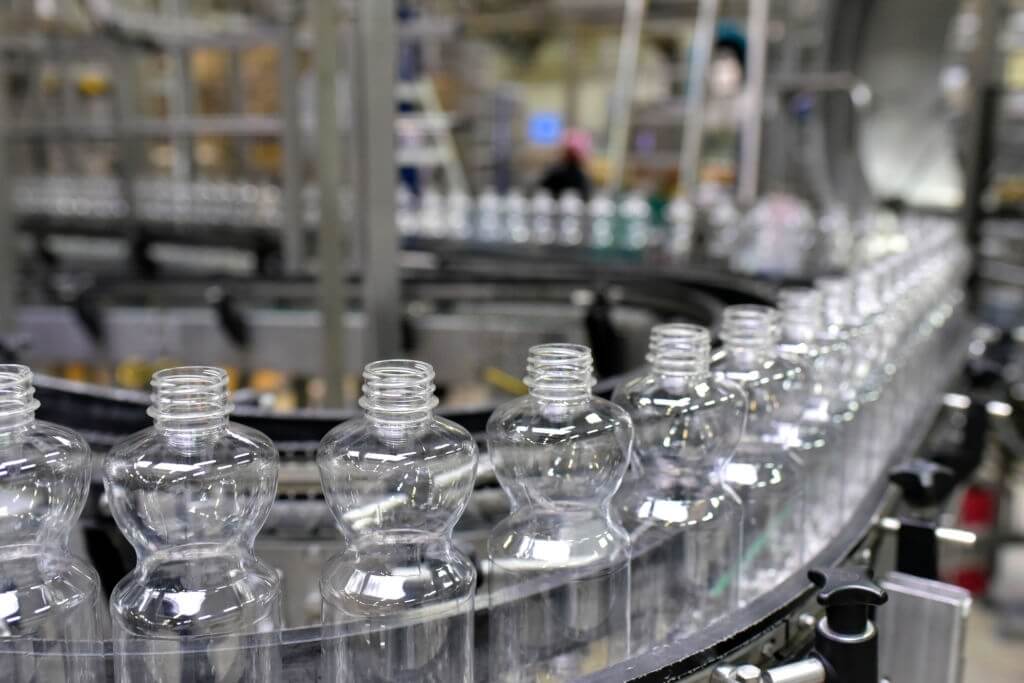
4.0 technology plastic factory
4. Technological Innovations Driving Automation in Plastics
Several technological innovations are driving the shift towards automation in the plastic manufacturing industry:
- Artificial Intelligence (AI): AI-powered systems can analyze vast amounts of data to optimize production processes, predict equipment failures, and improve product quality. Machine learning algorithms help identify patterns in production data, enabling continuous improvement in manufacturing efficiency.
- Industrial Internet of Things (IIoT): The IIoT connects machines, sensors, and software to collect and share data across the production floor. This interconnected environment enables real-time monitoring and control of manufacturing processes, improving decision-making and reducing downtime.
- Advanced Robotics: The use of collaborative robots (cobots) is increasing in plastic manufacturing. Cobots work alongside human operators, performing repetitive tasks while humans handle more complex aspects of production. These robots are equipped with advanced sensors and machine vision to navigate the production environment safely.
- 3D Printing Innovations: As 3D printing technology advances, it becomes more accessible for plastic manufacturers to create custom parts and prototypes. New materials and printing techniques enable manufacturers to produce stronger, more complex components with minimal waste.
- Predictive Analytics: Predictive maintenance uses data analytics to forecast equipment failures, allowing for timely maintenance and repairs. This helps prevent unexpected downtime, ensuring a smooth production process.
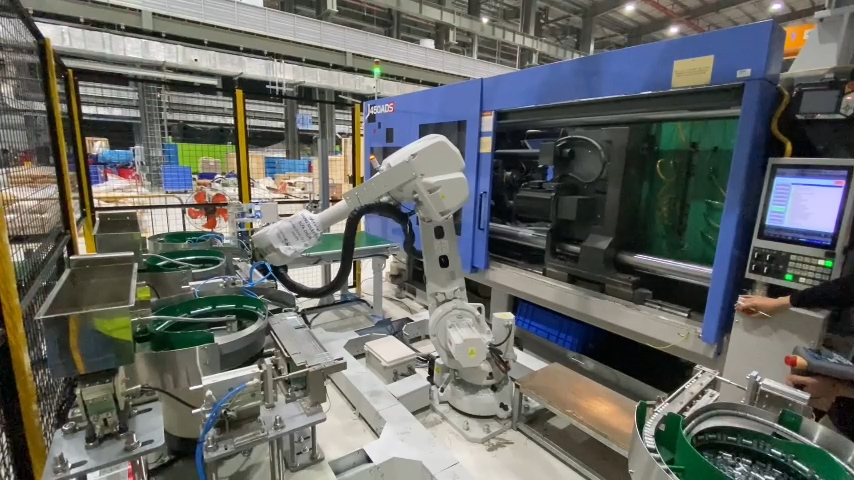
Robotic solution for plastic molding machine automation
5. Conclusion
Automation is revolutionizing the plastic manufacturing industry, driving significant improvements in productivity, quality, safety, and cost-efficiency. By integrating automated systems such as AI, robotics, and IIoT, plastic manufacturers can stay competitive and meet the growing demands of the market. As technological innovations continue to emerge, the potential for automation to transform the industry will only expand. Companies that embrace automation will be better equipped to navigate future challenges and capitalize on new opportunities.
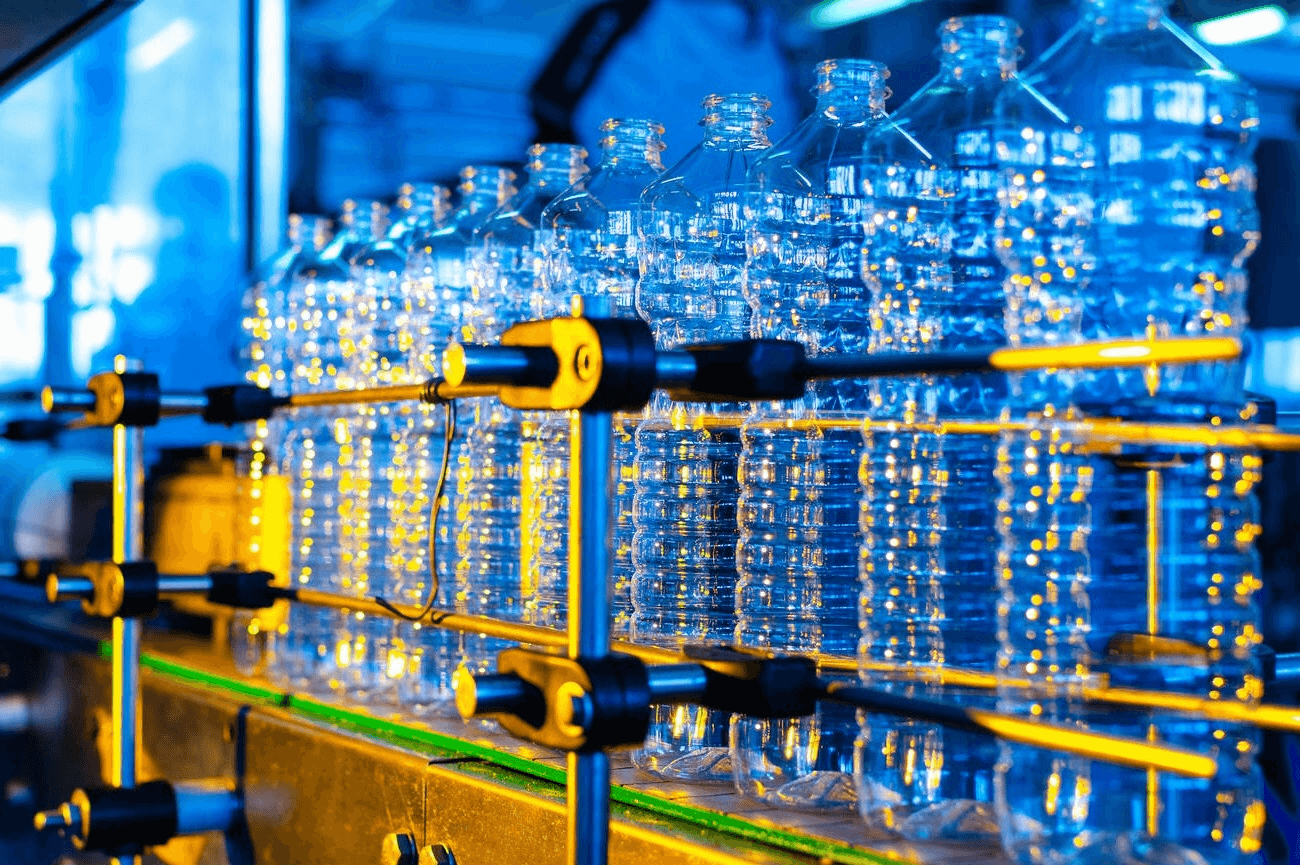
Smart plastic manufacturing
6. About EuroPlas
Automation is driving significant advancements in the plastic manufacturing industry, boosting efficiency, quality, safety, and cost-effectiveness. EuroPlas plays a pivotal role in this transformation by providing innovative plastic solutions that enhance material properties and reduce production costs. Through a comprehensive range of products—such as Filler Masterbatch, Color Masterbatch, Plastic Additives, Engineering Plastics Compounds, Bioplastic Compounds, and Bio Filler—EuroPlas helps manufacturers optimize their processes and replace more costly materials. Embracing automation and advanced materials positions businesses to stay competitive and thrive in an evolving market. Contact us today to discover how our advanced plastic solutions can elevate your business and deliver outstanding benefits For more information, visit our blog to explore other helpful topics!